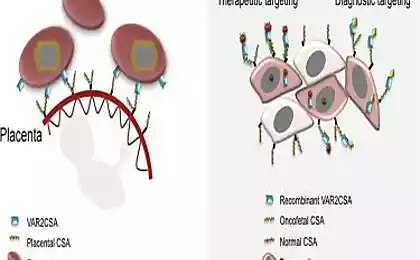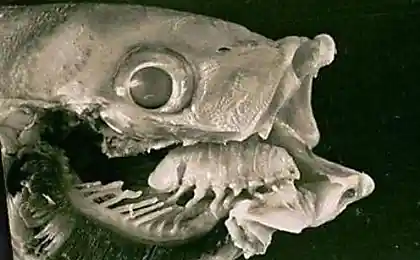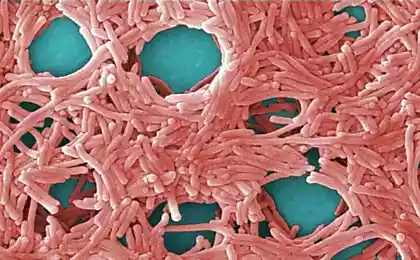1424
Malaria parasite manages immunity

Plasmodium falciparum causes the immune system to forget about its existence: the parasite interferes with the development of lymphocytes, depleting T cell memory, which just have to remember pathogens "in the face».
Perhaps the most surprising and most unpleasant feature of malaria can be called its ability pathogen evade immune attack. The relationship of the malaria parasite and the immune system has been widely discussed. One of the tricks of plasmodium - is the ability to literally hide from the immune intelligence. Another way, which they write in the journal PNAS, researchers from Yale (USA), is reprogramming the immune cells of the host by the parasite.
It is known that the malarial parasite causes severe inflammation, which can lead to severe complications if affected, such as the spinal cord. Scientists have found that inflammation is Plasmodium provokes himself using protein PMIF, very similar to the one of cytokine signaling proteins, the immune system. This protein causes the undifferentiated T cells to turn into a T-killer cells designed to attack and kill the disease. It would seem, what's the catch? But so Plasmodium runs out of memory T cells. The function of these cells - remember the pathogen and its follow-up visit deliberately incite him immune system in accordance with the existing "dossier».
Memory T cells live for a long time (in contrast to T-killer), and because they often manage to avoid serious war against pathogen: immunity will neutralize it before he goes into full force. Not that malaria: they simply are not formed. All resources are spent on the production of T-killers. As a result, each subsequent attack of the disease is the first, and no immunity is not produced.
It is obvious that the development of a vaccine can not be disregarded this ingenious ability of malaria.
Open a third type of fat tissue
Create an inexpensive computer control system with the help of an eye























